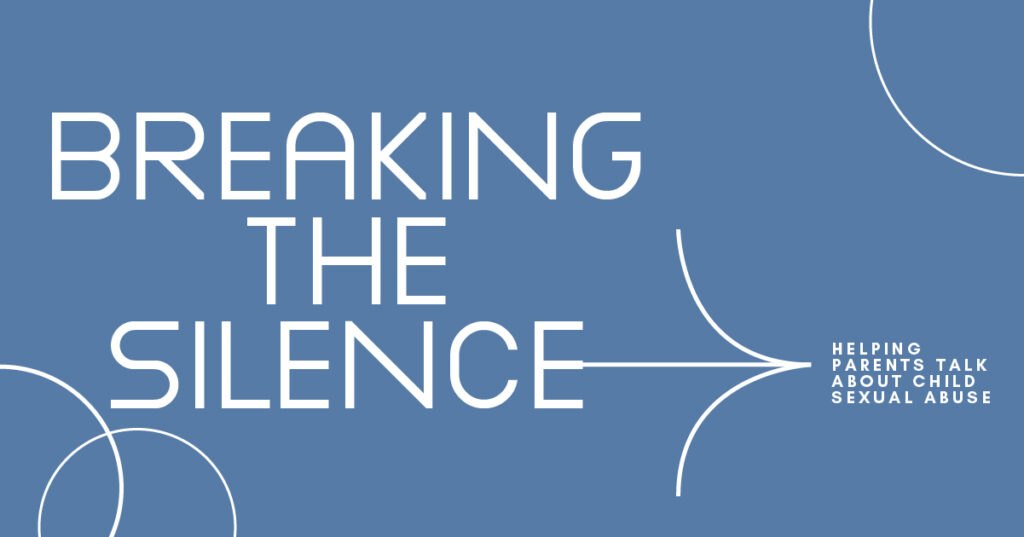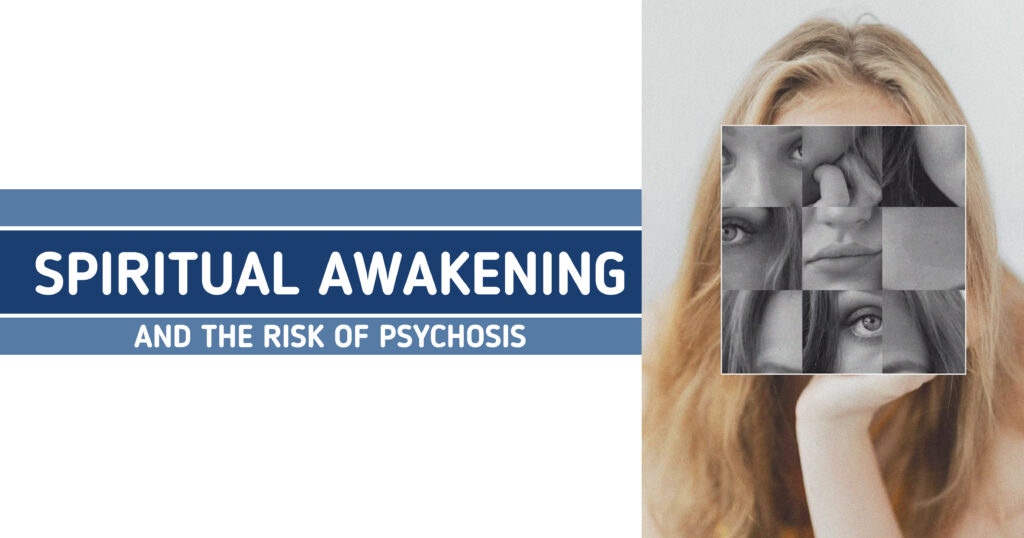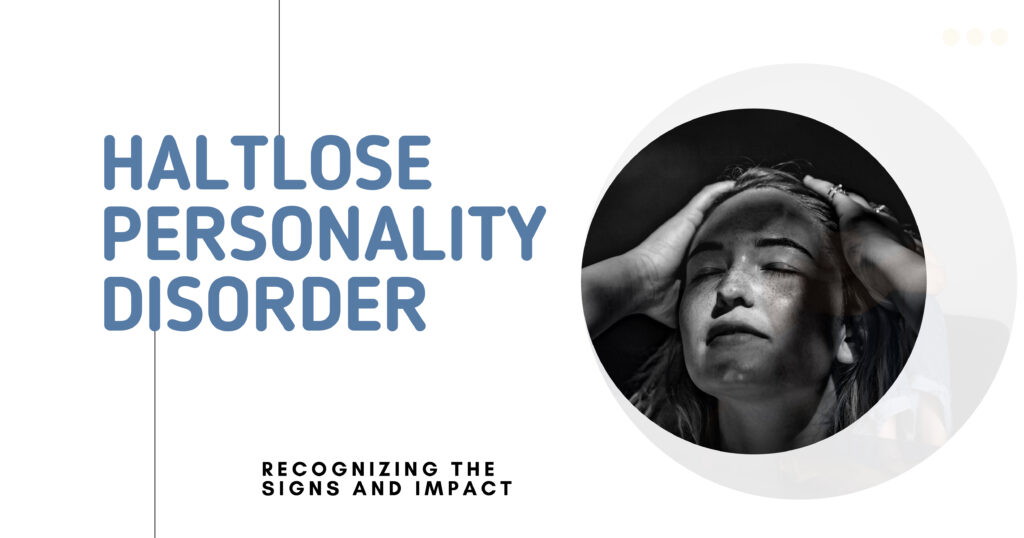Conversations about child sexual abuse are often avoided despite their critical role in ensuring children’s safety. Many parents struggle with psychological barriers to abuse discussions, feeling uncomfortable or unprepared to talk about such a sensitive topic.
However, silence does not protect children but leaves them vulnerable. Silence has a profound impact on child safety, as children without proper knowledge may not recognize inappropriate behavior or feel empowered to speak up. Parents must take an active role in fostering open communication in families, breaking down taboos, and ensuring their children understand how to stay safe.
Why Parents Avoid Talking About Child Sexual Abuse
There are many reasons why parents don’t discuss child sexual abuse, ranging from personal discomfort to societal stigma. Some parents worry about saying the wrong thing, while others fear that discussing abuse will frighten their children.
Many assume that avoiding the topic will somehow keep their child’s innocence intact, but this misconception only increases risk. The reality is that why parents avoid discussing abuse often has more to do with their own fears than with their child’s ability to understand.
San Diego Mental Health
Psychological Barriers to Abuse Discussions
A major obstacle preventing parents from addressing child sexual abuse is their own psychological resistance. Parents may experience anxiety, shame, or discomfort when discussing sexual topics, making it easier to ignore the issue altogether.
Some struggle with past trauma, making the subject emotionally triggering. Others fear that bringing up sexual abuse will introduce unnecessary worry into their child’s mind. However, avoiding the conversation does not protect children – it makes them more susceptible to harm.
Common Fears About Child Abuse Talks
Many parents hesitate due to common fears about child abuse talks, believing that discussing the topic will cause distress or make children suspicious of everyone around them. Some fear they lack the right words or knowledge, leading to awkward or incomplete conversations. Others worry about pushback from family members who view such discussions as inappropriate.
While these fears are understandable, they should not prevent parents from prioritizing their child’s safety. Children who are informed about their bodies, boundaries, and personal safety are less likely to become victims of abuse.
The Impact of Silence on Child Safety
Avoiding discussions about child sexual abuse does not shield children but leaves them uninformed and vulnerable. The impact of silence on child safety is severe, as predators often exploit children’s lack of knowledge. Without proper guidance, children may not recognize abusive behavior, assume it is normal, or feel too ashamed to report it.
Silence also fosters secrecy, making children feel isolated if they experience something inappropriate. When parents fail to talk about abuse, they unintentionally send the message that the topic is off-limits or shameful.
This can prevent children from seeking help, allowing abuse to go unnoticed for long periods. Open conversations empower children to understand their rights, recognize red flags, and feel confident in speaking up if something feels wrong.
Myths and Misconceptions About Child Sexual Abuse
One of the biggest reasons why parents don’t discuss child sexual abuse is due to misinformation. Several myths about child sexual abuse contribute to silence, creating a false sense of security and discouraging essential conversations.
A common myth is that abuse is mainly committed by strangers when, in reality, the majority of cases involve someone the child knows and trusts. Another misconception is that discussing abuse will scare children, but research shows that knowledge empowers rather than instills fear. Another myth about child sexual abuse is that it only affects girls, but boys are also at risk, and they often face additional societal barriers when disclosing abuse.
Some parents believe they will recognize abuse if it happens, but abusers are often manipulative and skilled at hiding their actions. Addressing misconceptions about abuse is crucial in breaking down these false beliefs and encouraging proactive conversations.
How Parents Can Prevent Child Abuse Through Education
The role of parents in child abuse prevention is essential, as they serve as their child’s first and most important line of defense. How parents can prevent child abuse begins with education, both their own and their child’s.
Teaching children about personal boundaries, body autonomy, and safe versus unsafe touch gives them the tools to protect themselves. Parents should also discuss the concept of consent in appropriate ways, reinforcing that no one has the right to touch their body without permission.
Creating a Safe Environment for Children
Beyond direct conversations, parents should be mindful of their children’s environments. Open discussions about who they spend time with, setting clear rules about privacy, and maintaining a nonjudgmental space where children feel safe discussing their experiences are all key aspects of prevention.
The role of parents in child abuse prevention extends beyond just their own home; it also involves advocating for child safety in schools, extracurricular activities, and the broader community.
San Diego Mental Health
How to Talk to Kids About Sexual Abuse in an Age-Appropriate Way
Many parents struggle with how to talk to kids about sexual abuse, but the key is to start early and adapt the conversation as they grow. For young children, discussions should focus on understanding their bodies, recognizing inappropriate touch, and knowing they can always come to a trusted adult if something makes them uncomfortable. As children age, discussions should expand to include digital safety, peer pressure, and the importance of speaking up when something doesn’t feel right.
An essential part of these discussions is building open family communications so children feel safe sharing their concerns without fear of judgment or punishment. Conversations should be ongoing, rather than a one-time talk, and integrated into everyday discussions about safety and well-being. When parents create a trusting and open environment, children are more likely to disclose concerns and seek help when needed.
Get Expert Guidance With San Diego Mental Health
Talking about child sexual abuse can be challenging, but parents don’t have to navigate it alone. San Diego Mental Health provides expert guidance for parents and children to address these difficult conversations.
With professional counseling, educational workshops, and support groups, families can gain the tools and confidence needed to foster open communication in families and create a safe environment for children. Seeking help is not a sign of weakness but a proactive step toward protecting and empowering children.
FAQs
Why don’t children talk about sexual abuse?
Children often stay silent due to fear, confusion, or threats from the abuser. Some worry they won’t be believed, while others may not recognize what happened as abuse.
Why do people not talk about sexual abuse?
Many avoid the topic due to discomfort, cultural stigma, and lack of knowledge on how to approach the conversation. Parents may also fear they will alarm their children unnecessarily.
How to get kids to disclose sexual abuse?
Creating a safe, open, and nonjudgmental environment is key. Encouraging honest conversations and reassuring children that they won’t get in trouble for speaking up can help them feel more comfortable.
What is the impact of silence on child abuse prevention?
Silence allows abuse to continue unchecked, leaving children vulnerable. Open discussions empower children with knowledge, making them more likely to recognize and report abuse.
San Diego Mental Health
How can parents approach conversations about child abuse with kids?
By using age-appropriate language, remaining calm, and ensuring these discussions are part of regular safety conversations, parents can help their children feel secure in speaking about any concerns.








